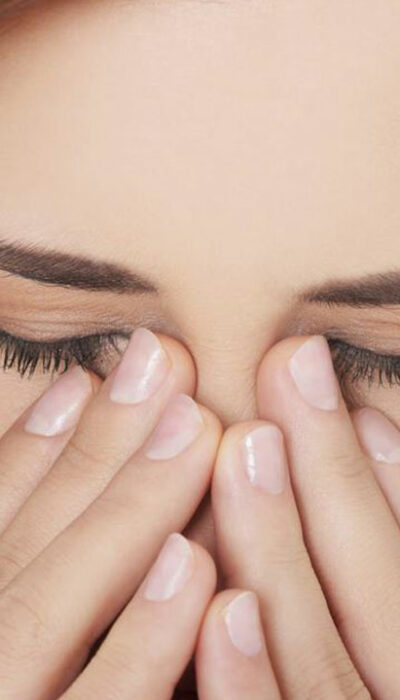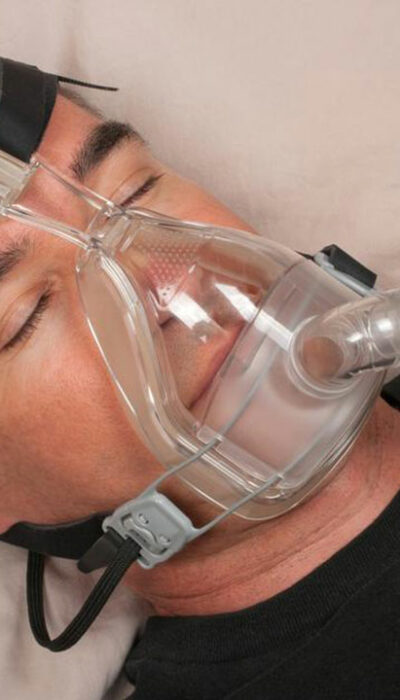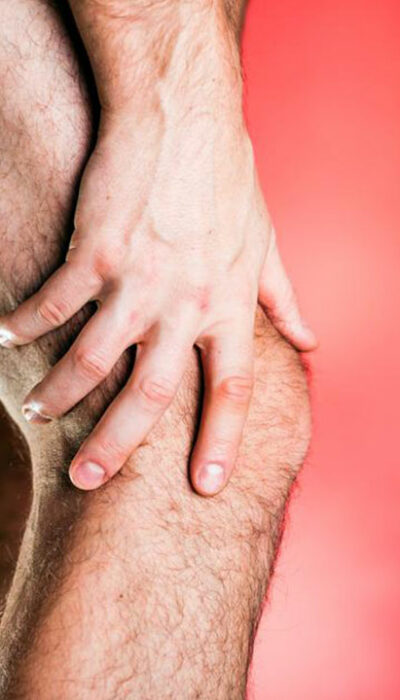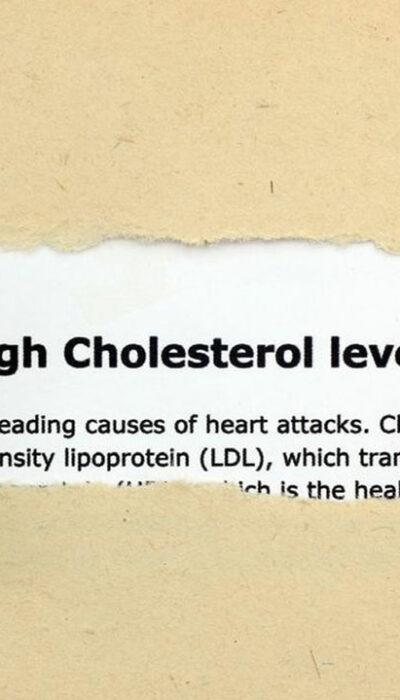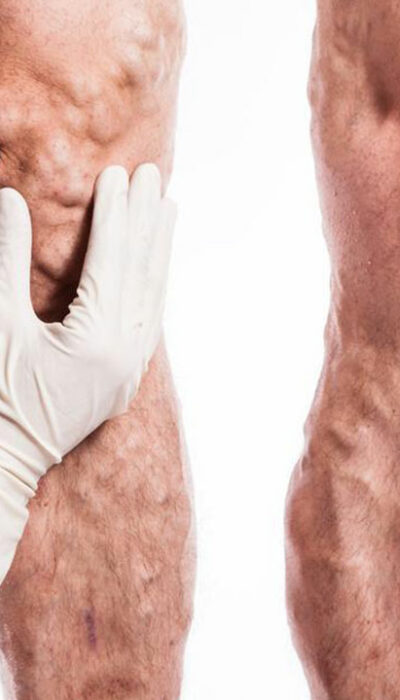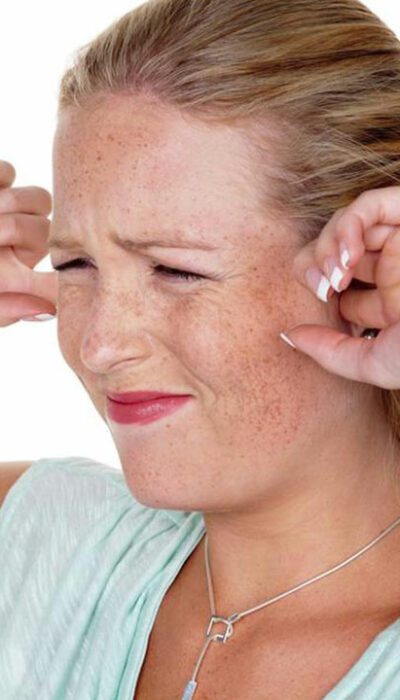
Dealing with Itchy Skin
Facts about itchy skin: Pruritus is the medical term that is used to describe itchy skin. The most common causes of itching include exposure to sun, atopic dermatitis, dry skin, infestations, infections, chronic diseases, stings, bites and allergic reactions. Most anti-itch creams and lotions contain ingredients like pramoxine, diphenhydramine, caladryl, Benadryl, tronolane, camphor, benzocaine and menthol that bring relief to itchy skin. Corticosteroid medications also help in some instances of itching. Another thing that is considered necessary is to avoid scratching and making the condition of itching much worse. Any itching done can make the condition worse and lead to a bacterial infection. In case the itching persists for too long, gets worse or develops into skin lesions, it is better to consult a health care provider who can assess the situation. What is an itch? Irritation of the skin that creates the urge to scratch is known as an itch. Everybody at some point experiences itching and the symptoms of itching can be generalized, as in they can spread to different parts of the body or be localized, as in they are limited to one part of the body. In some cases, itching only occurs at night. Itching that spreads all over the body and is highly generalized is a lot more uncomfortable than localized itching that is contained in one spot. Skin lesions, rashes, blisters, bumps, abnormalities, and redness can also occur at the site of itching. A doctor or medical professional should evaluate any itching that comes along with visible physical skin abnormality of symptoms. In case a skin condition requires a specialized medical treatment, like in the case of skin conditions like scabies or eczema, a dermatologist should be consulted. The symptoms and other physical signs associated with pruritus or itching depend upon the main underlying cause of the problem and can be associated with different signs.
